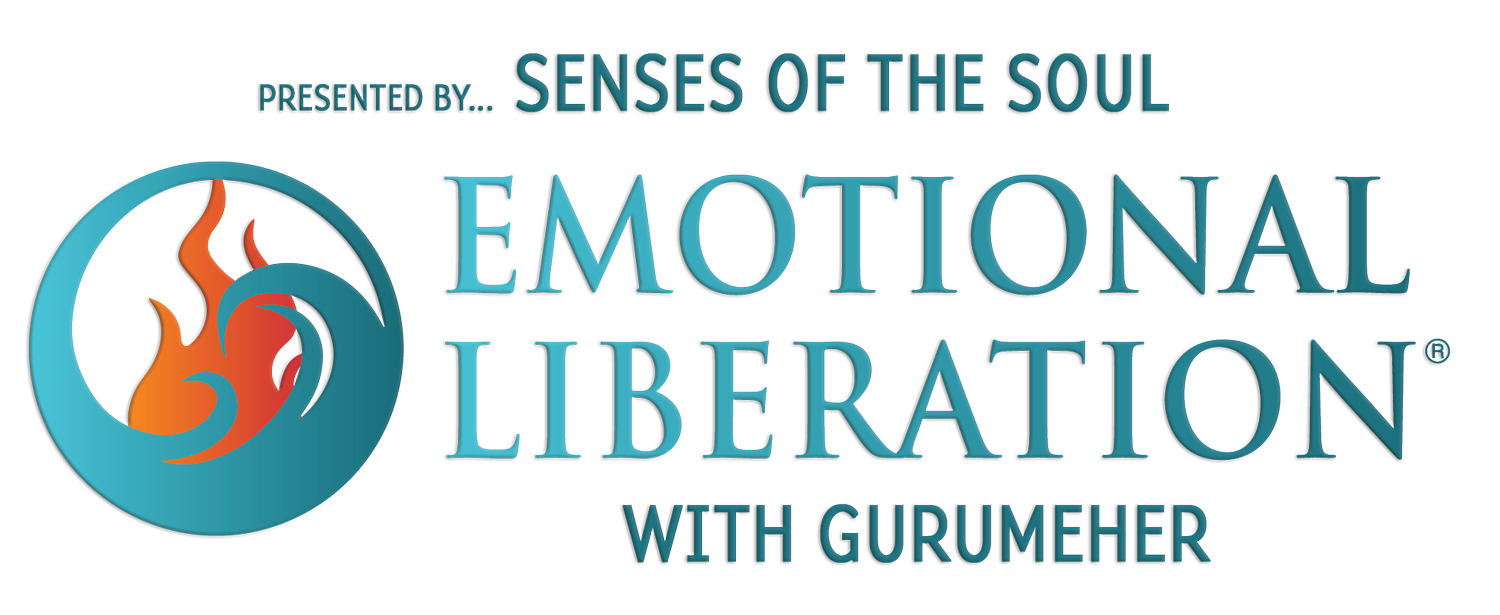Better Outcomes for Anger
The Problem:
Anger is a natural reaction when you don’t get what you want. Including, when things don’t go the way you planned or you see yourself or others wronged. The common effect is you are harmed compared to what was or might have been physically, financially, socially, or comfortably. It’s gonna happen, often.
Anger is an action emotion designed to protect, to go get the things we need, and to handle life. Like fire, it’s hot, can grow rapidly, and consumes what’s in its path. Most importantly, it can save or destroy depending on how it is used, with wisdom and skill or without training and proper respect for its power.
The unbridled expression of anger can do great harm outside of us while stifled anger eats away at us from the inside. So how to find that sweet spot where the power of anger can take care of ourselves and others without doing harm?
Better Outcomes with Anger:
When out of control, anger takes over rational thoughts, our “better nature”, leading us to do and say harmful and destructive things we later regret. Or, we overthink anger and repress it, usually leaving ourselves worse off. It seems to be a battle between our rational and emotional minds. Don’t be a house divided; emotion INFORMS intelligent action. When your instinct to protect is guided by your intellect, you have an effective team like a great knight and mighty horse able to handle the situation that roused you.
Sounds Good, But How?
How to transform hot-tempered reactivity into strong effective action? Lots of practice! From martial artists to athletes, it takes lots of training, and repetitively exercising the needed skills, thoughts, and actions before engaging in the real challenge. Similarly, the wise use of anger can be taught, practiced, and mastered. This is not anger management, it is acquiring emotional intelligence and fluidity.
My approach includes a technique well known to athletes: creative visualization in which you remember or imagine a real-life situation and learn to work your way through it, preparing the brain to respond similarly when the situation arises. In my Emotional Liberation course, we discuss and share experiences like a sports team that reviews each game to learn and improve the next time out. We also study the other primary emotions which all work with anger. Brene Brown debates with other experts that anger may be secondarily reacting to or masking other emotions. I see other emotions arising concurrently because they lend additional assistance to the situation. For example, when harmed, anger can correct and protect, sadness comes to heal wounds, and anxiety can learn from the incident to avoid such situations before they hit.
If you would like such training, I’m just now beginning the annual course with a small group of people with very similar issues and hopes that you may have. through a transformative process using these methods in the Emotional Liberation Course.
Check out Emotional Liberation here, and feel free to email me with any questions.

